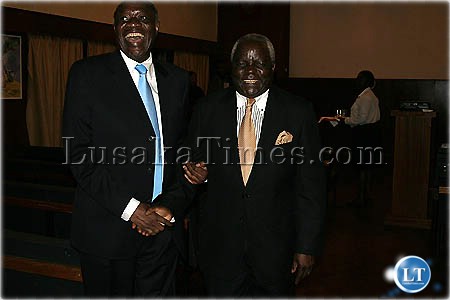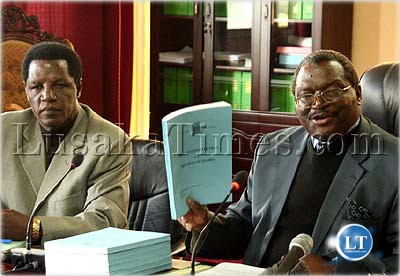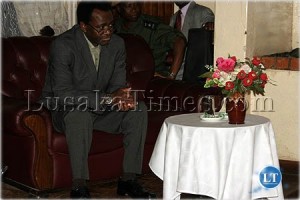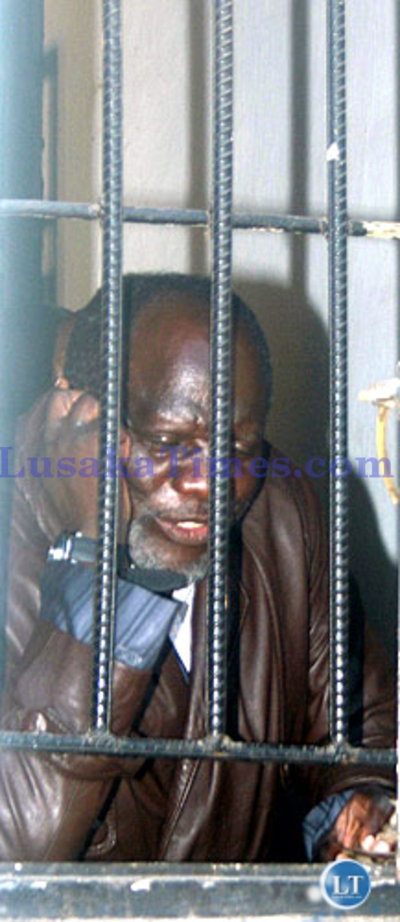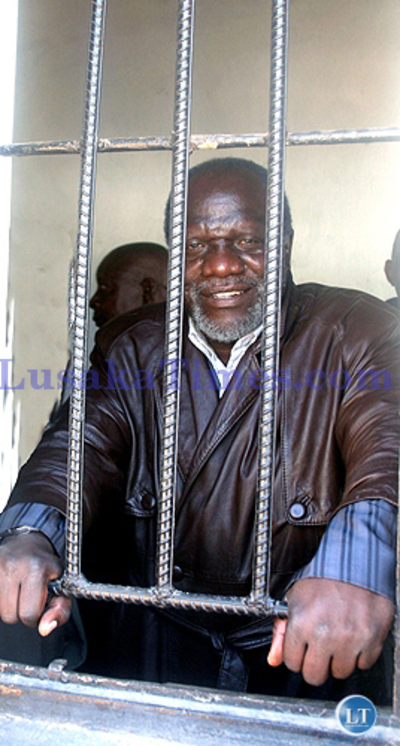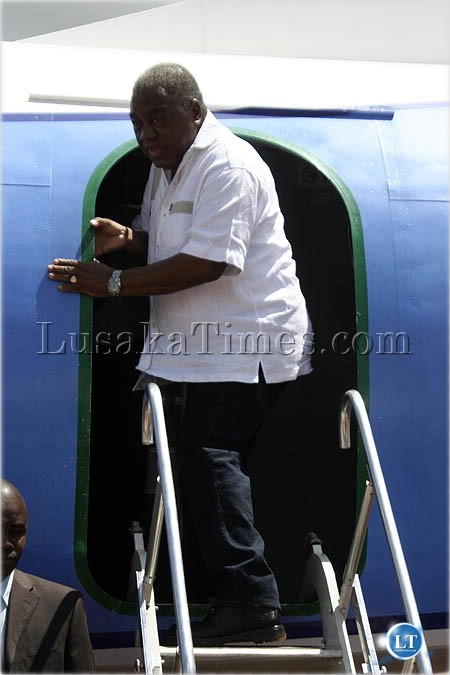
President Banda has challenged Zambians to shed off their dependency syndrome and to take the initiative to develop Zambia themselves. The President said that the best development was that initiated by the people themselves hence the need for them to be involved in it as this would also attract assistance from various co-operating partners.
“Meaningful development can only be achieved through the participation of all people including those at grassroot levels by being committed to eliminating poverty,” he said.
President Banda said this at Chilobwe Basic School grounds in Chipata yesterday when he officially launched the Mfumbeni Five-Year Strategic Development Plan aimed at mitigating poverty in Senior Chief Nzamane’s chiefdom.
Mr Banda said the Zambians can only be proud of themselves if they stood up to the challenge of fighting poverty by making a decision to develop themselves.
He praised farmers in the country for taking advantage of the Farmer Input Support Programme (FISP) to maximize their yields.
“I’am proud that you worked hard and took advantage of the FISP to produce more than anticipated and the country now has a surplus,” he said.
He said, however, that success is only possible through hard work and discipline. Mr Banda said Zambia produced 2.7 million tonnes of maize because of hard work, especially by peasant farmers who received support through the FISP.
Earlier, Senior Chief Nzamane said the Mfumbeni Strategic Plan intends to improve the quality of life among people in the chiefdom through development and prosperity centered on the local people.
He said the association will also plan, mobilize resources, monitor activities and collect data from zones in order to effectively manage the developmental activities.
He observed that despite it being a rural area it has great potential generate wealth but that there is need for people to remain focused on the objective of improving their standards of living.
The Senior Chief said that his subjects are poor because of unsystematic development plans but that the Strategic Plan will enhance coordinated development.
He said Government’s efforts to develop the area had fallen short of people’s expectations and resources allocated to developmental activities did not show clear and prominent results.
Senior Chief Nzamane said this was because people did not contribute to the planning and implementation of the developmental activities.
He cited education, commerce, health and agriculture as some of the sectors the plan will address.
Senior Chief Nzamane said that the association has already planned to have immediate activities of zonal farms to grow maize, groundnuts and millet to achieve food security.
He also said various factors limit access to Voluntary Counseling and Testing (VCT) services for people in the chiefdom.
Senior Chief Nzamane said long distances to medical facilities, some of which are inaccessible during the rainy season and stigma associated with the scourge, hindered access to the services.
He said this is why the plan incorporates programmes aimed at streamlining HIV and AIDS.
In a vote of thanks, Mfumbeni vice-chairperson Festus Ndhlovu said that President Banda’s coming to grace the occasion was testimony of Government’s commitment to support developmental programmes initiated by people in the rural areas.
Mr Ndhlovu said the people of Mfumbeni are happy that President Banda is willing to work with them in alleviating poverty by developing the area.
He said vices such as illiteracy, poor health, poverty and food insecurity have negatively impacted on the people hence the decision to initiate the strategic plan.
“Mfumbeni has suffered negative social, cultural and economic impact of inadequate development due to vices such as high illiteracy levels and deadly diseases such as HIV/AIDS. This prompted the chief to put in place a strategic plan to guide for the implementation process of developmental programmes,” he said.
The 2010-2015 Mfumbeni Strategic Plan, an initiative of Senior Chief Nzamane has received technical support from United States International Development Agency (USAID) and various co-operating partners.
ZANIS


